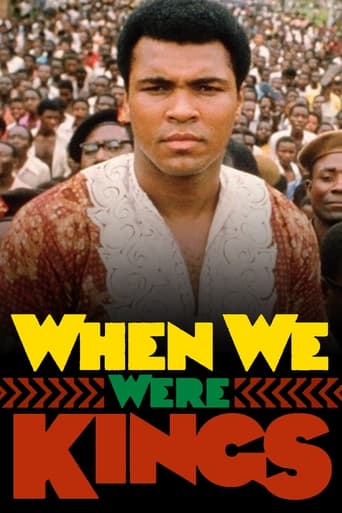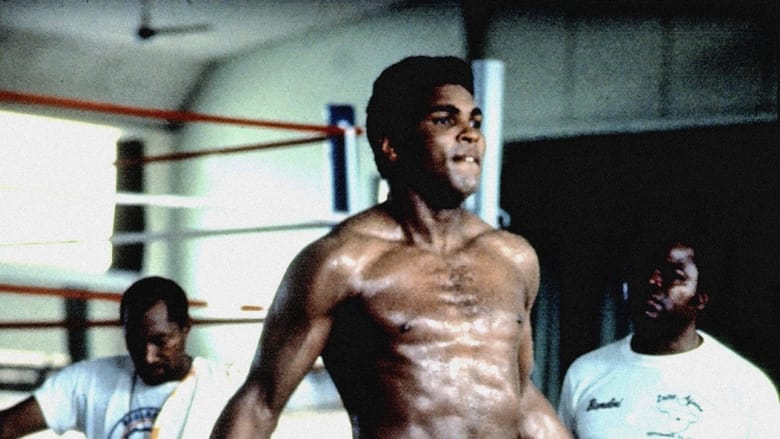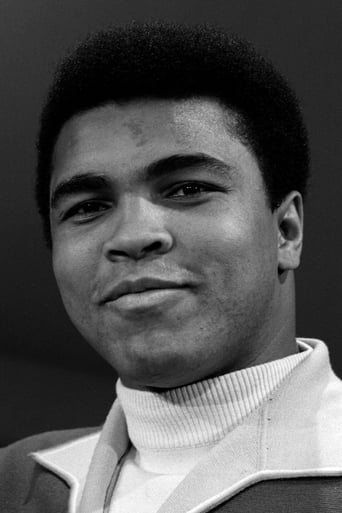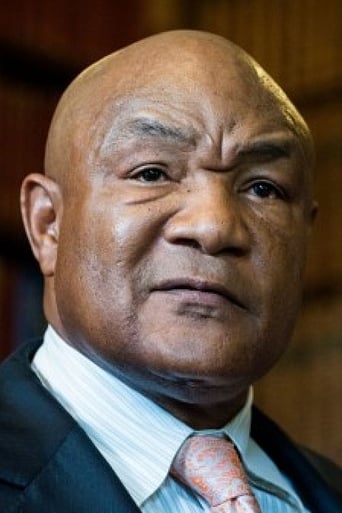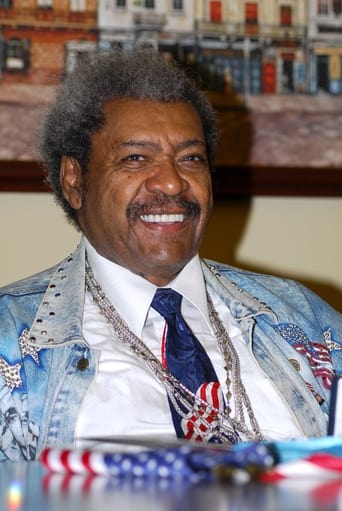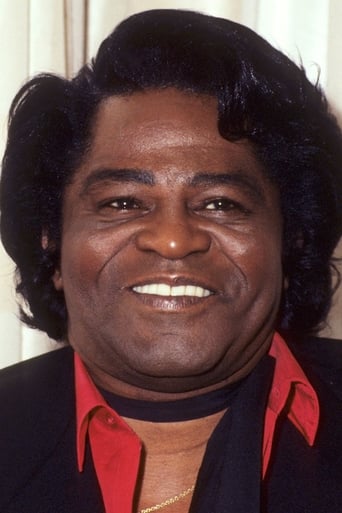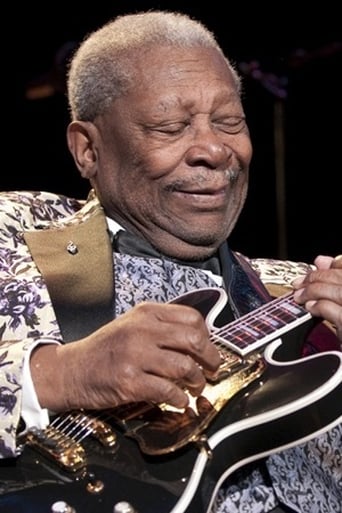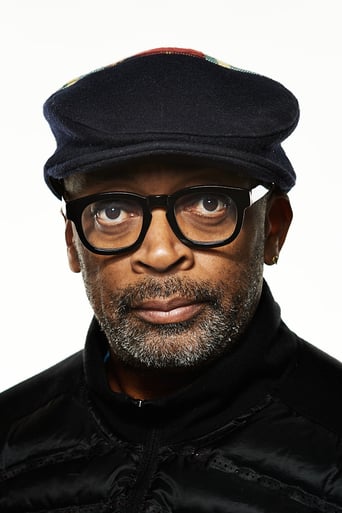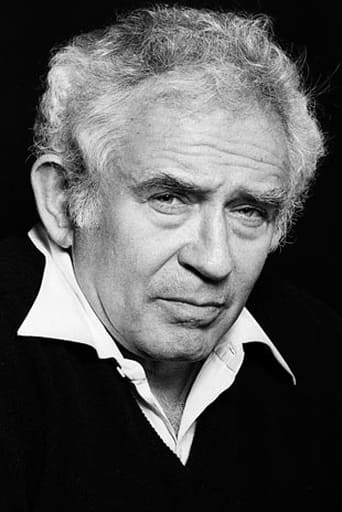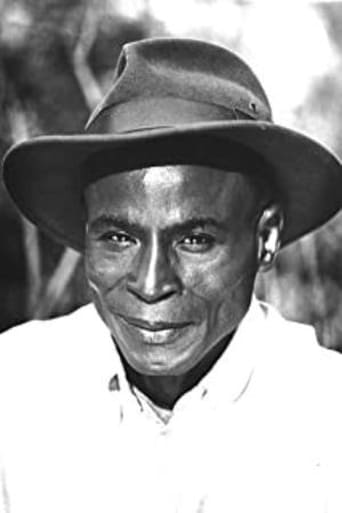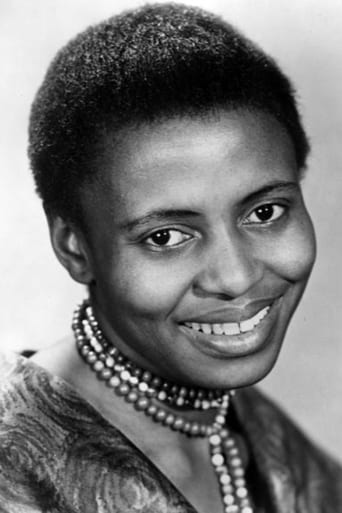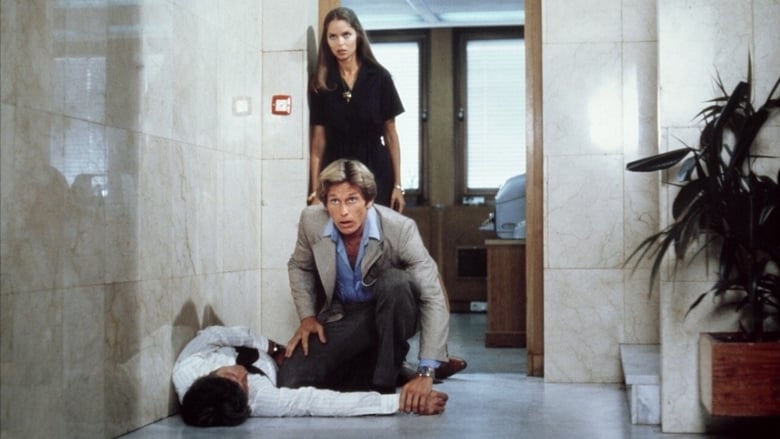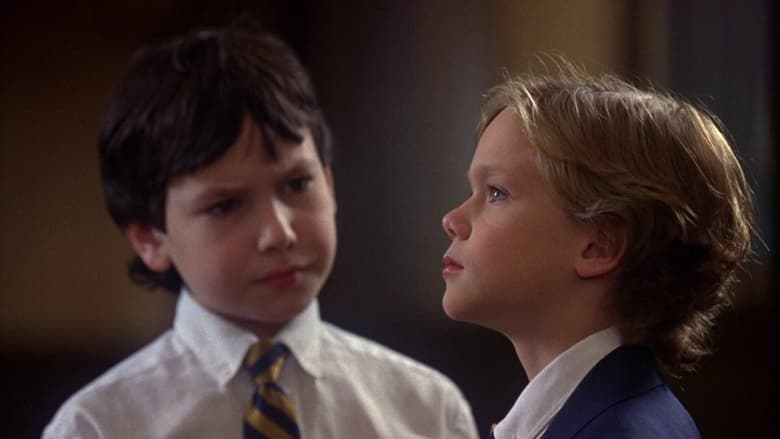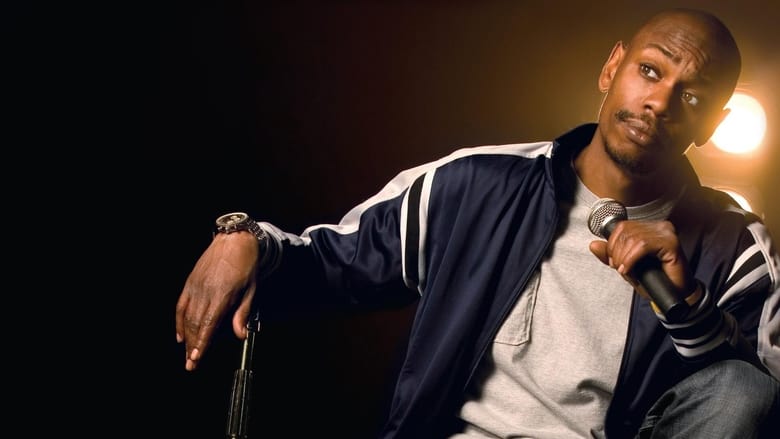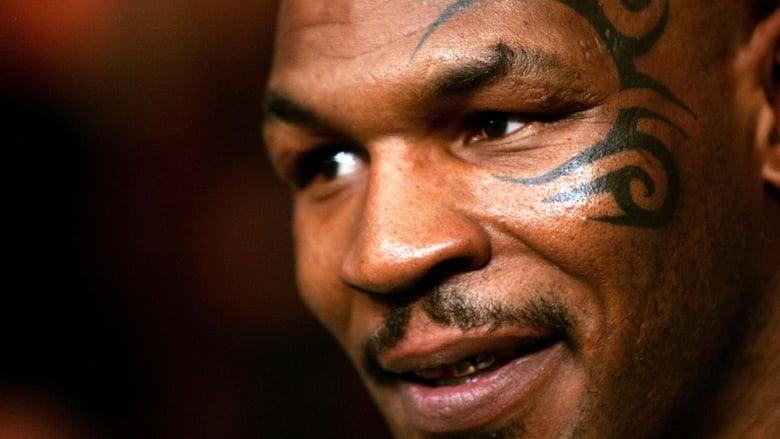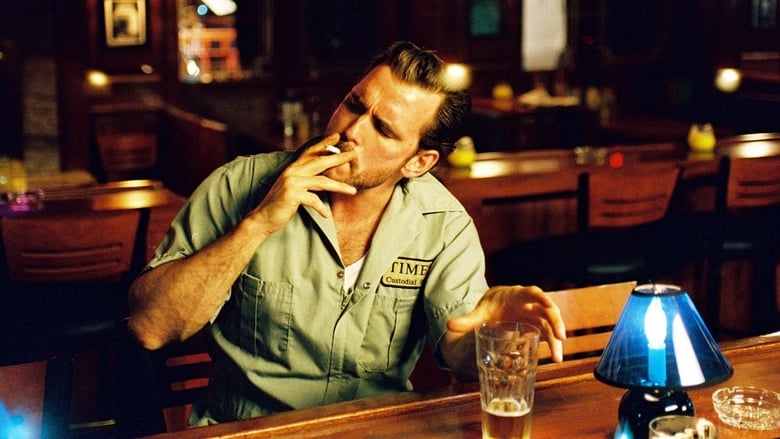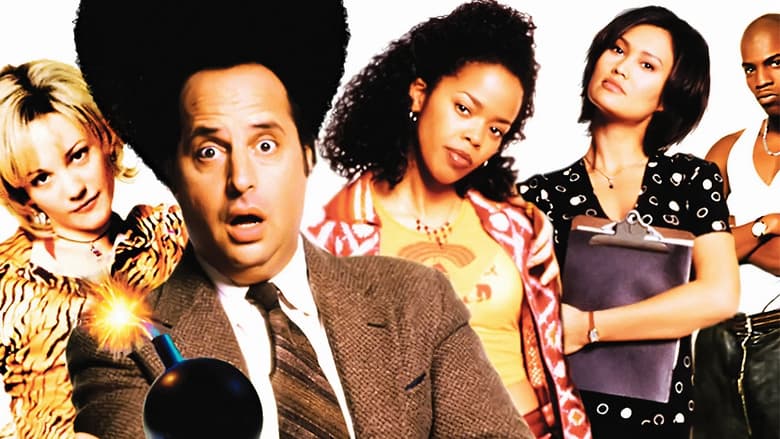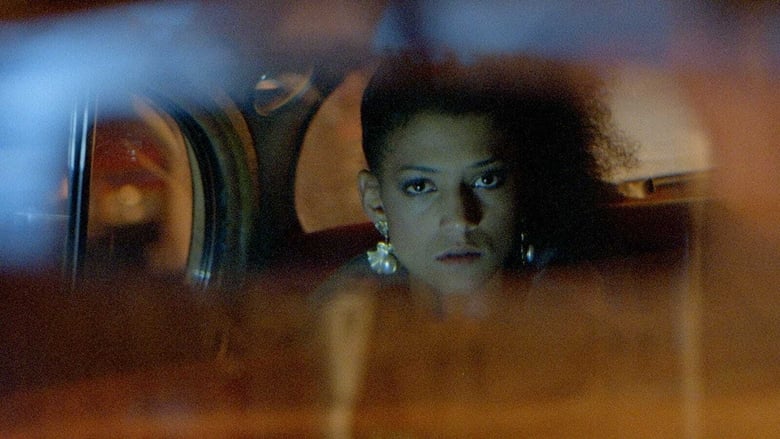It's 1974. Muhammad Ali is 32 and thought by many to be past his prime. George Foreman is ten years younger and the heavyweight champion of the world. Promoter Don King wants to make a name for himself and offers both fighters five million dollars apiece to fight one another, and when they accept, King has only to come up with the money. He finds a willing backer in Mobutu Sese Suko, the dictator of Zaire, and the "Rumble in the Jungle" is set, including a musical festival featuring some of America's top black performers, like James Brown and B.B. King.


Similar titles
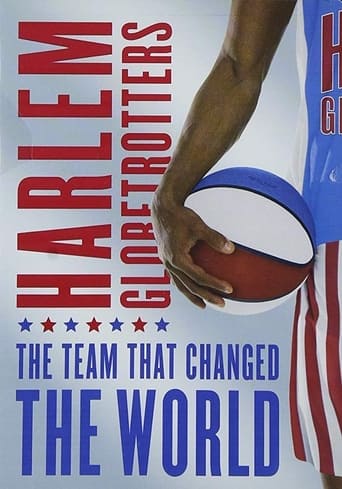
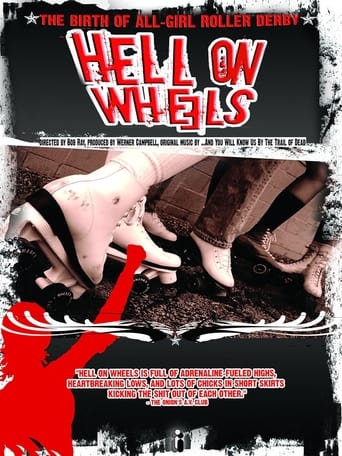
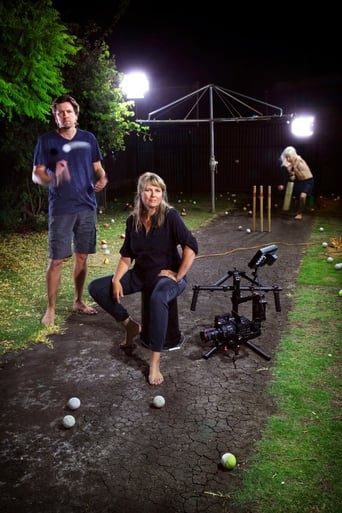
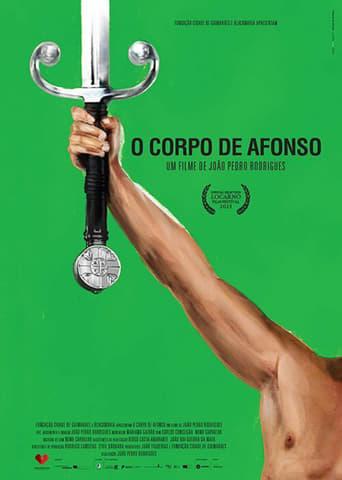

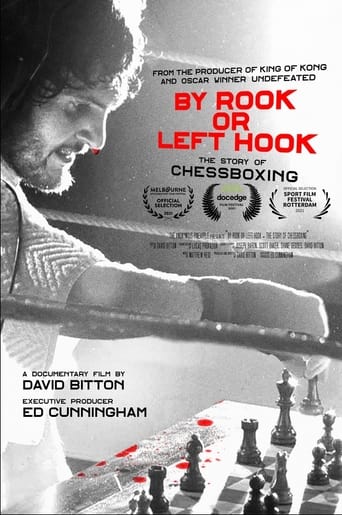
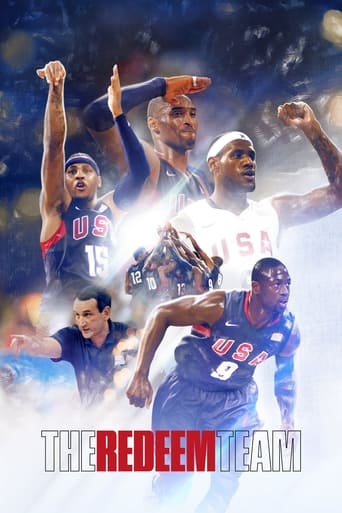
Reviews
If such an event as the Foreman/Ali fight occurred today, this film would probably not be such a big deal. That is because we would have pretty much round the clock cable coverage of the event courtesy ESPN. However, given that this fight occurred in 1974, this is the closest thing you are going to get to the kind of coverage you would see if that event was held today. In spite of the reversal of fortune that this fight gave to both Foreman and Ali's careers, this film really does not focus on either one of these individual fighters that much. Instead, it gives you a real feel for the excitement surrounding the fight overall, with significant commentary by George Plimpton and Norman Mailer, who were both there to cover the event.Of course there are segments on Foreman and Ali, and at the end, after the segment on the fight itself, there is basically a tribute to Ali both through his words and then through a series of still shots showing highlights of his life and career. However, I also learned quite a bit about Don King, the guy who made the fight happen, and how this event helped him "break out of the pack" when it came to managing fights and fighters. However, there is no romanticizing of the man. They mention both his strong points - his incredible intellect and that he always seemed to have a quotation from Shakespeare for ever occasion - and his weaknesses, mainly that he was "amoral in his handling of the individual fighters' careers". These are the film's words, not mine. Interviews and footage of the fighters and their staff preparing both physically and mentally for the big "rumble in the jungle" are skillfully interspersed with footage of the sportswriters of the 70's marking up copy and working old-fashioned teletypes back in the age before computers were common, along with film of the inhabitants of Zaire going about their daily life often balancing huge baskets on their heads, and also shots of the live entertainment going on including some great footage of B.B. King and James Brown. Also included is a little bit of explanation as to why the people of Zaire found Ali so endearing versus George Foreman. They said they found Ali to come across as "a real person". Apparently the fact that Foreman was so monosyllabic most of the time did not help his image overseas.The footage of the fight itself is very good considering it was shot in 1974. Mailer and Plimpton do a great job of explaining everything that is going on at each phase of the fight, including trying to get inside Ali's head as to what he might have been thinking as he employed first one strategy and then another against his mountain of an opponent.The film does mention that losing to Ali threw Foreman into a two year depression, and when he emerged he reinvented himself to the point that, as Norman Mailer says in the film, "you would be hard pressed to find someone more affable than George Foreman is today." The postscript on Ali is interesting too. Mailer mentions that after this fight, Ali went on to fight 22 times, and all of these additional fights ruined his health. Mailer mentions that it is often said that you wind up destroying the thing you love, but in Ali's case it was the thing he loved that ultimately destroyed him, or at least his physical health.This is a very good and complete portrait of a unique sports event and the very interesting people involved. You don't have to be a boxing fan to enjoy it. If you enjoy a good tale about the triumph of an underdog, the intersection of two very different cultures, and anecdotes about some of the more interesting sports figures of the 20th century, you'll like this film. I highly recommend it.
Leon Gast created the best documentary of 1997. Of course, he had the greatest fighter of all time as his subject, so it wasn't too difficult.I could not watch this film without significant reminiscing. I was in the seminary in 1964 when Cassius Clay defeated Sonny Liston. I vividly remember all of us gathered around to listen to the fight. Of course, those in the know predicted a Liston victory. No one knew what to make of the brash young fighter that said what he felt and refused to bow to the establishment.I was in Vietnam when he was in jail. I did not feel one bit of animosity towards him. I was doing what I felt was expected of me, and he was doing what he believed was right. If he had been anyone else, he would not have lost five of the best years of his life. I can only admire him for having the courage to stand tall in the face of hatred.After Vietnam in the years leading up to the "Rumble in the Jungle," I was very much into boxing. I was living in Tampa at the time and would catch the fights at the National Guard Armory, both amateur and closed-circuit. I would also be there to see acts like James Brown.By the time he was ready to retake his crown, I was out of the country again; this time in a remote section of Iceland. I was overjoyed to see him on top again. It was something of a vindication of his decision. He was always a classy individual and was concerned about those who were not leading lives that were in their best interests. He gave back more than he ever got from his country.After he retired, I lost interest in boxing. Those who followed him as Heavyweight Champions did not have the class he had and it was hard to get excited about them. Mohammed Ali stands alone in the sports world. Sure there were greats like Babe Ruth and Willie Mays, and I remember great pitchers like Warren Spahn, Don Drysdale, and Whitey Ford, but the were replaced by even better players. I played basketball for a while, so I watched Bob Cousy, The Bird, and Abdul Kareem Jabbar, but they were replaced by Michael Jordon and others who were better. We forget Nicklaus and Palmer as we now have Tiger Woods. It is the same in any sport except boxing. I was there from the beginning to end of the career of the greatest boxer of all time, and there is no need to look at anyone ever again.He was The Greatest, and i am grateful to Leon Gast for bringing this story to the screen and giving me another opportunity to see him, as well as relive the music of the late James Brown.
Well, although I am not too much of an Ali fan, I heard some of the important moments of his life. You probably know him as that draft dodger who almost got 5 years in federal jail for refusing to be inducted into the U.S. armed forces. And of course, there was the Ali-Foreman matchup taking place in an African country where you can get by with some French, and you heard about King Motu from Zaire and Don King from the USA masterminding this famous fight.What makes this movie better than Will Smith's version of "Ali" was the music. If you have seen that version of "Ali", there are the same patterns---you hear the "Bumaye Ali" chant (which was a motivator for Ali to knock out George Foreman) like Will Smith's version, and the big pre-game fanfare with all of that Black music, leading to the entrance of Ali and Foreman into the big stadium with a lot of soldiers. But the music in "When We Where Kings" added a great fuel to the fire of what was this famous boxing match to come.I found out that Motu could not see the famous fight in person at the stadium, because Motu was targeted for an attempt on his life by someone.The early 1970s was when the soul music and progressive rock explosion went sky-high. This was in response to the turbulent Civil Rights movement of the mid-1960s in the United States, leading up to the turbulent events in 1968 such as the Martin Luther King assassination. Especially when you hear James Brown and his famous Soul Generals band strut their stuff with famous soul hits like "We're Gonna Have a Funkin' Good Time"...especially when they were on the Zaire venue before the George Foreman-Muhummad Ali matchup.
This is a pretty documentary of the legendary fight between Muhammad Ali and George Foreman in 1974. Apparently a lot of this footage has been lost for over 20 years and there is some good stuff, good performances by James Brown and of course a lot of Ali talking his jive and poetry, and some of it is pretty good "yesterday I hospitalized a brick, i'm so mean I make medicine sick". Ali is mesmerizing, I was born in 1970 so I missed the whole Ali phenom, he was just a vague idea of somebody important, like Evel Knievel and Farah Fawcett. Lately I've become very interested in this guy, I guess because the legend has passed and Ali is more of a distant memory, the hype has died down and you can study the real man. I think a lot of the sports writers at the time had a romanticized view of boxing, it is not a pleasant sport, it's too men beating the hell out of each other. Now there is some skill involved and Ali proved that you can win brains and will power as well as brawn, but they seemed almost amazed that a black man would stand up and say he was the greatest, and when he said that you knew he meant of EVERYBODY, black or white. I think that's what annoyed them the most, he wasn't the quiet humble lap dog they wanted from a black athlete who just did his job, thanked everyone and shut the hell up.Sorry, my reviews tend to wander. Ali truly showed has smart he was and Foreman was oblivious to how he was being played. Ali realized during his build up to the Norton fight that having a psychological edge was as important as a physical one. Telling everyone you're the greatest has two effects, if builds yourself up and it frustrates your opponent. It's one thing to see a man boast that he's a scientist, it's another thing to see him actually deliver on the promise, and it is a wondrous thing to behold. Also, the fact that monsoon rains held off until 20 minutes after the fight finished, what a story! My major complaint with this film is that there a lot of Norman Mailer telling slightly exaggerated tales of the fight and Plimpton pompous pontificating (two men who probably never got into a fight their whole lives) but very little of the actual fight. Did they lose some footage? I would have liked to have seen some more rounds of Ali getting pounded on. I'm amazed he could take that punishment, considering what Foreman did to the punching bag. But in the end he fell right into Ali's trap and the fight ended in one of the biggest upsets in boxing history.
